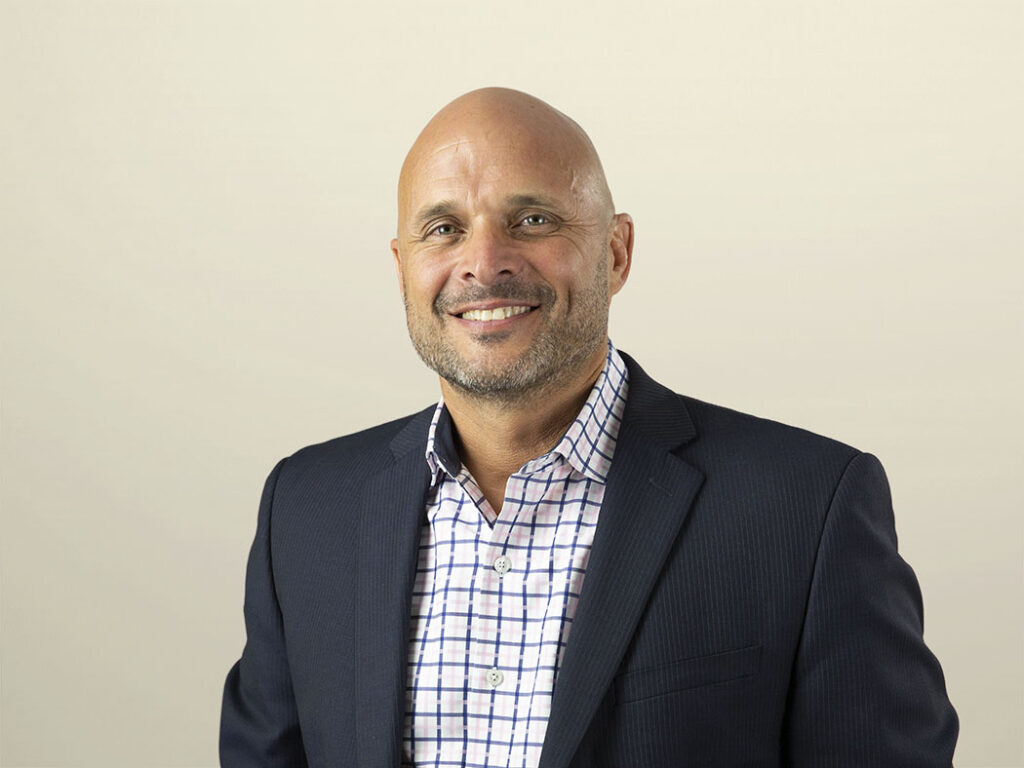FORRward: A Weekly Read For Tech And Marketing Execs
FTD Bankruptcy A Lesson For Long-Standing Brands: Don’t Rest On Your Laurels
When century-old floral stalwart FTD filed for Chapter 11, it sent shivers through C-suites of venerable brands everywhere. In a growing market, this pioneer should have dominated. It has long offered eCommerce and delivery, features that competitive direct-to-consumer (DTC) upstarts now use to disrupt markets. But eCommerce alone does not make a strategy. Consumers’ purchase drivers are changing. Quality now means local product. Trust now means transparent labor practices. And eCommerce implies direct sourcing for lower prices. In failing to adapt to these trends, FTD got caught between nimble, niche DTCs and speedy, cheap Amazon. The scariest part: FTD’s initial response looked reasonable to most boards. Acquiring brands like Shari’s Berries probably did offer synergies, but it didn’t infuse FTD with the DTC breed of agile talent and processes. And betting the future on technology was right, but it failed without complementary pivots in market and organization adaptiveness. FTD chased short-term sales and shirked long-term investments, not just in tech but in understanding how its products and services should evolve to meet increasingly empowered customers. A good test for any traditional brand: If you’ve long been business as usual, you might soon be looking at no business at all.
Google To Acquire Looker, Burnishes Enterprise Credentials
On June 6, Google announced that it had entered an agreement to acquire analytics platform provider Looker. This $2.6 billion all-cash transaction confirms that Google is serious about serving enterprise customers. Google has in the past struggled with convincing enterprises that it is focused on their needs, and its often arrogant approach (“Google knows best”) hasn’t helped. This detracted from an otherwise powerful cloud offering. The appointment of Thomas Kurian (former president of Oracle) as CEO of Google Cloud in January 2019 sent a clear signal that it was time for a fresh start. While much of Kurian’s work behind the scenes isn’t immediately obvious, this deal is his first big public move and puts Google on par with other public cloud providers’ analytics offerings and in some ways ahead, given Looker’s modern architecture and capabilities. Until the deal’s completed, we won’t know exactly how Looker will be integrated into the existing cloud portfolio; Google and Looker executives are stressing, though, that support for other clouds will remain unchanged.
Progressive Is Leveraging Emerging Tech To Optimize Customer Engagement
Progressive has rolled out an innovative program that grants its clients discounts based on their actual driving style. Its tool, Snapshot, measures a variety of factors via edge computing that include the times of day you drive, how long, how rapidly you accelerate, and the frequency you brake hard. Most Snapshot customers earn discounts based on their safe driving. The service leverages your mobile phone or plug-in edge device to gather all this evidence and calculate your discount. For more on how financial services firms like Progressive are advancing their market value and leadership position, read this report by VP and Principal Analyst James Staten.
Phew: Society Can Fight Back Against Spam
The FCC just agreed, unanimously, that wireless carriers can identify and block robocalling. Well, it’s voluntary and they might charge you for it, but you have to expect that AT&T and Verizon will start to crack down on some of those 48 billion calls we got last year in the US. (Political robocalls are exempt, of course.) Feel free to pester your wireless carrier account rep to do this for you and your employees for free.
A Tech-Dependent Society Needs A Lot Of Energy
Almost every day, we hear stories of how AI is going to change the world. One realization, though, is that brute-force neural nets require a lot of energy. And a lot of energy means a lot of carbon dioxide. Specifically, training a neural network can result in a CO2 footprint that is 5x the lifetime emissions of a car. And I’m sure most of you have heard about the energy requirements required to mine Bitcoin. Well, the good news is that renewable resources are increasingly providing more and more of the energy needed for reducing the CO2 burden. But renewables don’t do anything to reduce the large amounts of energy that the planet will need as technology continues to grow at its current pace.
